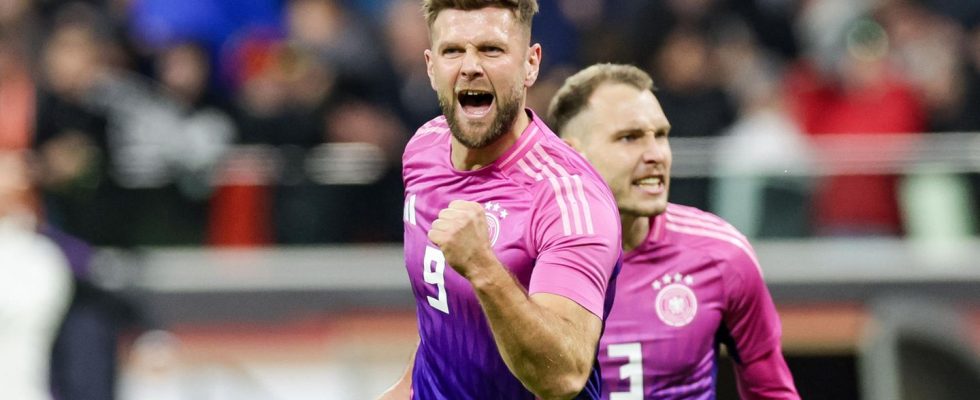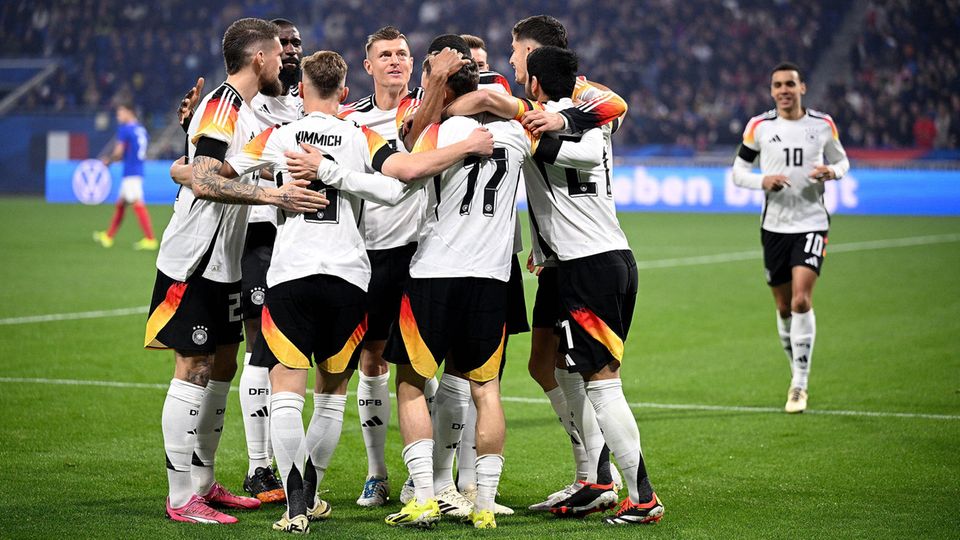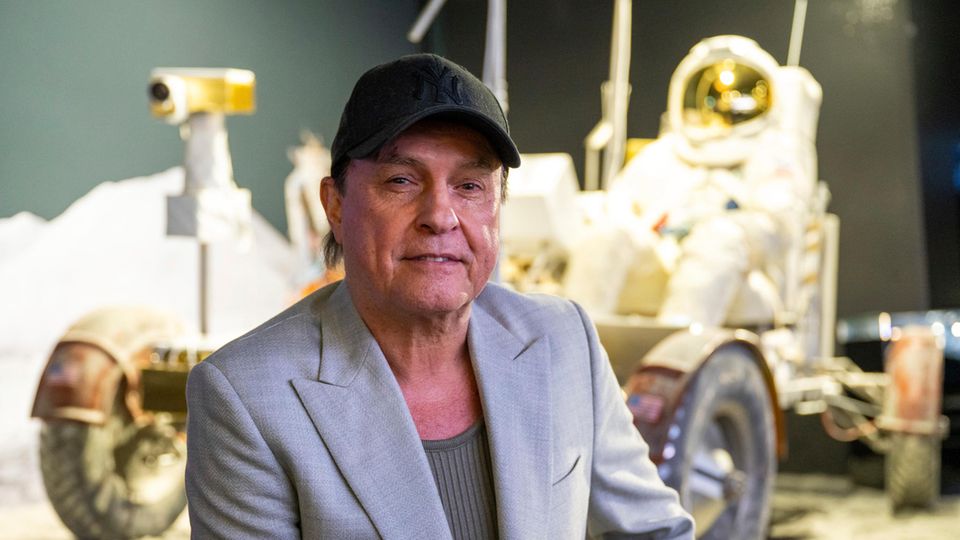National coach Julian Nagelsmann is rewarded for his courage in making a strict distinction between regulars and reservists. The new hierarchy provides long-missed clarity and structure in the game.
The guests’ coach should have the last word of the evening. So Ronald Koeman, a man with doughy hips, tensed himself briefly before speaking into the microphone. His rosy face harmonized beautifully with the orange color of the billboard in the background; There is no better way for a football coach to adapt to the national color of his country.
Luckily for him, Koeman wasn’t supposed to give any information about the performance of his team, the Nederlands voetbalelftal, because they had just lost 2-1. The question to the bond coach was how he assessed Germany, which had just inflicted a defeat on its team, and what chances it had at the European Championships in the summer.
The bond coach had to smile. “At first they thought they were going through a negative phase because they lost two games,” he said. “And now they are having a positive phase because they have won two games and immediately they say: They can become European champions. I think the truth is somewhere in the middle.”
Koeman, 61, was once a feared defender, head of defense at FC Barcelona in the early 1990s. A long time ago, but he still masters the art of the tackle. On Tuesday, shortly before midnight, Koeman briefly rushed the Germans into their so-called European Championship euphoria. You’re not that great, wait and see, friends, we’ll meet again in the summer – that was the subtext of Koeman’s farewell greeting in the basement of the Frankfurt stadium.
Germany against the Netherlands: The DFB has a defense again
His German colleague Julian Nagelsmann might even agree with him, at least in part, because he is currently busy containing the emotional outbursts surrounding his team. “Of course I’m happy about the victory,” said Nagelsmann, “but I also know that there’s still a lot of work ahead of us.” The game against the Netherlands was “a great game to analyze, there’s so much in it.”
Which Nagelsmann was right about. If he rewinds and forwards the video over the next few days, Nagelsmann will see that the list of defects has become noticeably shorter. The biggest problem, the shaky defense, a legacy of the Löw era, has even been resolved: a new left-back has been found in Maximilian Mittelstädt, Joshua Kimmich is defending on the right, and Antonio Rüdiger and Jonathan Tah are guarding in the middle. This defensive line had already proven itself on Saturday in the 2-0 win against World Cup runners-up France, and the back four stood out again against the Netherlands.
In November, after the defeats against Turkey (2:3) and Austria (0:2), Nagelsmann resignedly stated that “we are not defensive monsters – we simply are not.”
But now he has to realize that at least the two central defenders are world class (in Nagelsmann’s words: monsters). Antonio Rüdiger and Jonathan Tah not only sealed off the center, Rüdiger even hit some Mats Hummels memorial passes with a range of 30 to 40 meters. Rüdiger, Real Madrid’s defense chief, only does something like that when he feels safe. When he knows that others trust him. He is a giant with a child’s soul.
It is thanks to Julian Nagelsmann that the team has regained its belief in itself. The coach has undergone an amazing transformation since the dark days of November with the Turkey and Austria games. He tore up the concept of old.
Nagelsmann has also adapted
In the fall he still believed that it was enough to put Germany’s finest feet on the pitch together – the little geniuses would solve everything else themselves. Today, Nagelsmann knows that in addition to the highly talented, there is also a need for workers, square guys like Robert Andrich from Leverkusen.
Nagelsmann dared to structure the team hierarchically. He told the substitutes that there were better players than them and that they would only get a few minutes of playing time at the European Championships. No coach likes to have conversations like that. Some even consider it a mistake – the “reservist” stigma can also have a demotivating effect. It can divide a team and tear it apart.
None of this happened. Nagelsmann moderated the team’s transformation into a two-class society with sensitivity; He invited each player to a role discussion during the course last week. Since then, there has been “clarity in the team,” said Niclas Füllkrug on Tuesday evening, “everyone knows where they stand and what they have to do.”
Füllkrug, until recently the number one striker in the national team, has become a role player himself. Kai Havertz was allowed to start against both France and the Netherlands. But when Füllkrug came on as a substitute on Tuesday, he turned the game around a little later. He made it 2-1 with his shoulder after a corner taken by David Raum, who was also a substitute.
Julian Nagelsmann would have loved to watch this scene again with his team. But there’s no time for that, our time together ends this Wednesday and we won’t meet again until the end of May for a training camp near Weimar. Until then, said Nagelsmann, “we have to somehow save this positive feeling, this momentum.”
Not an easy undertaking, because Ronald Koeman, the master of verbal spats, certainly has something against it.



